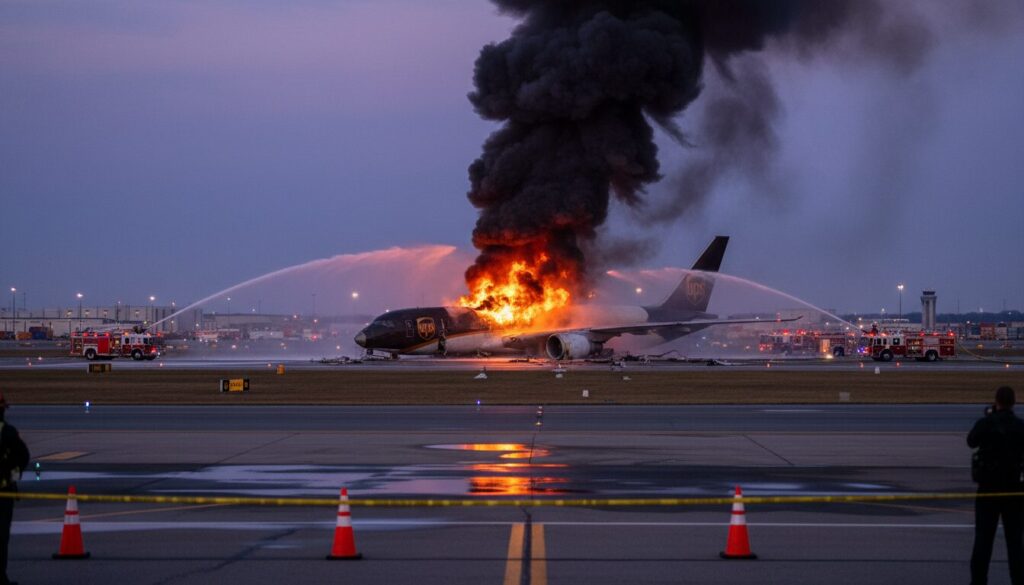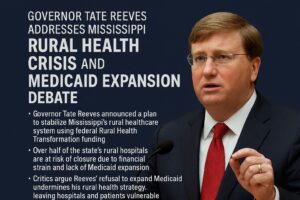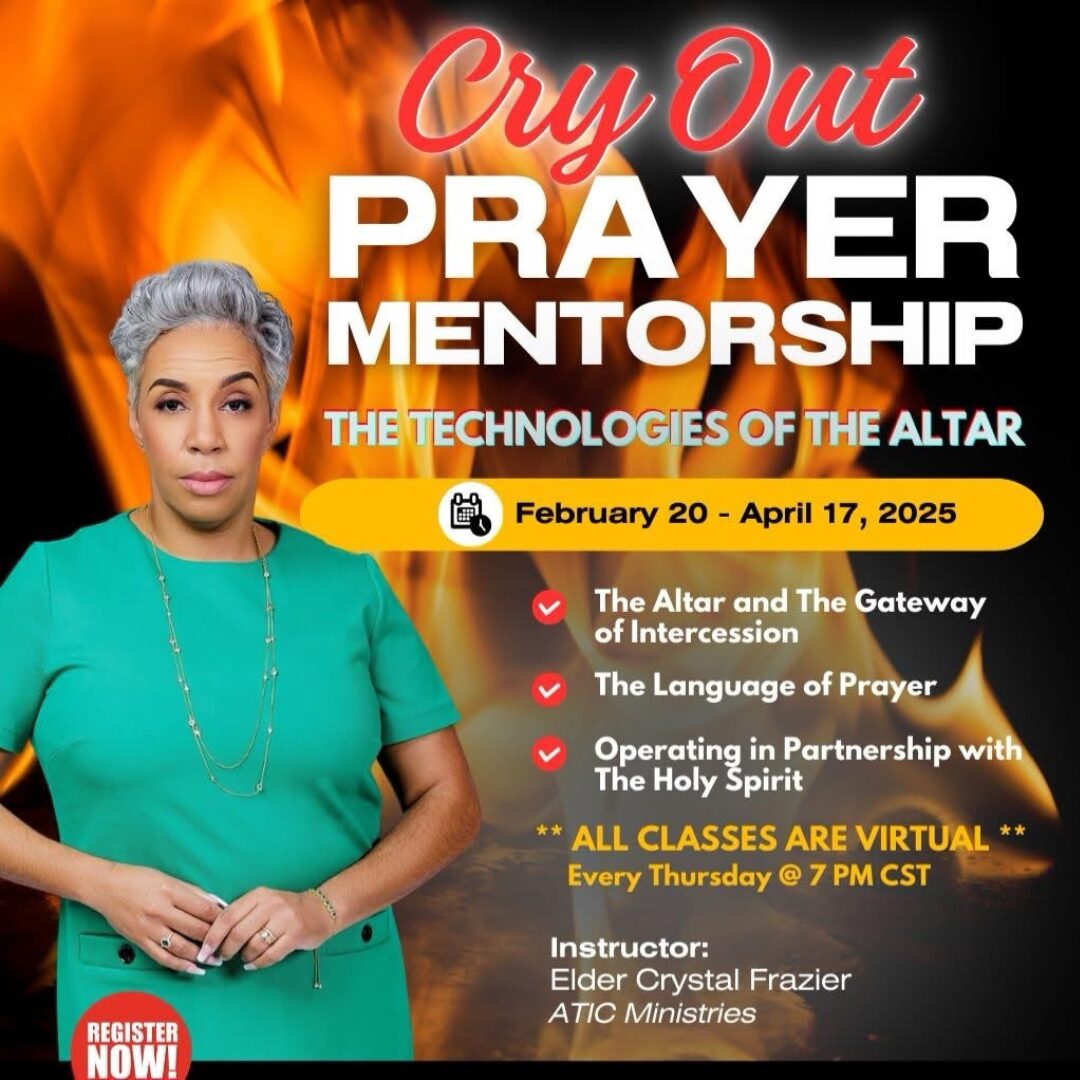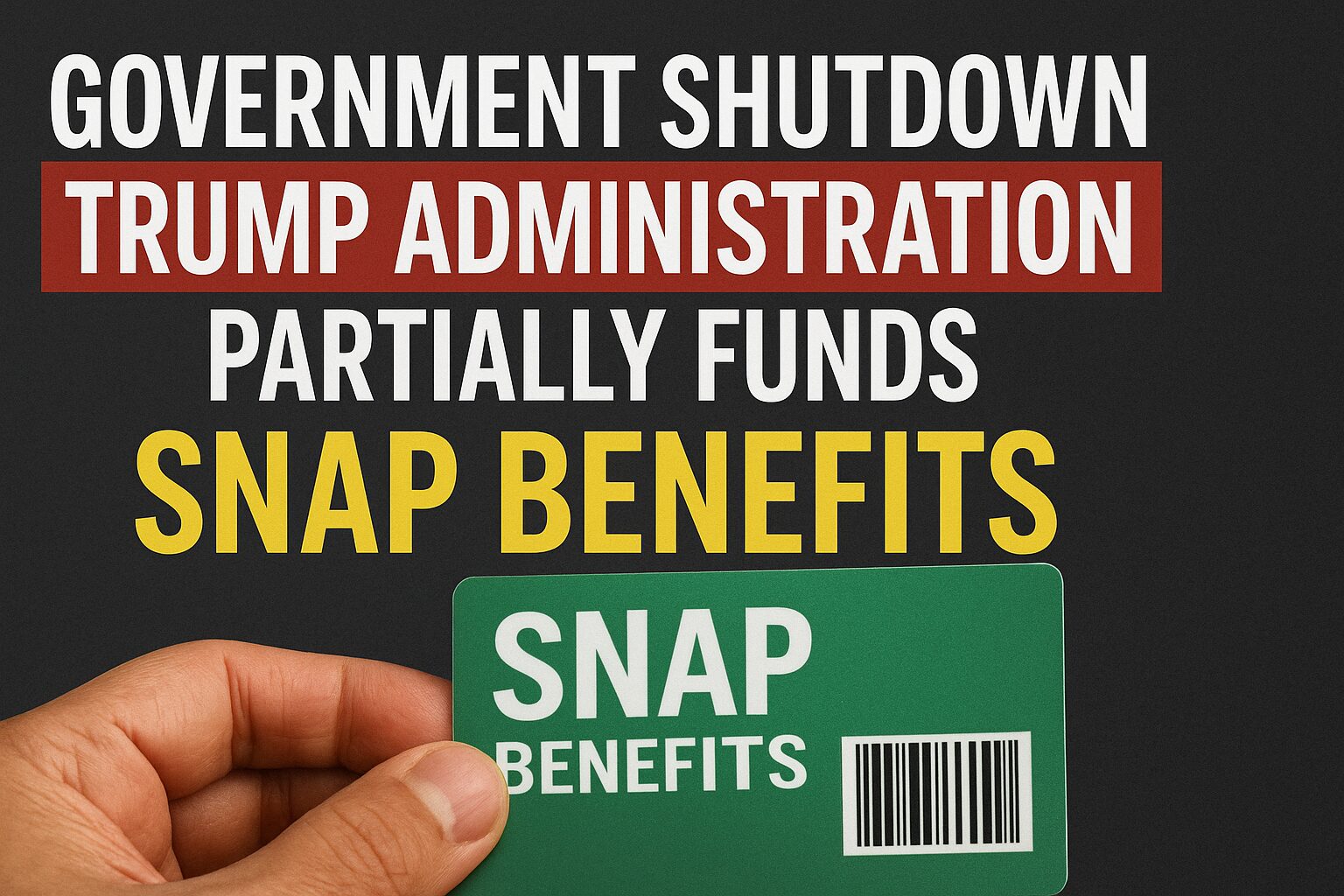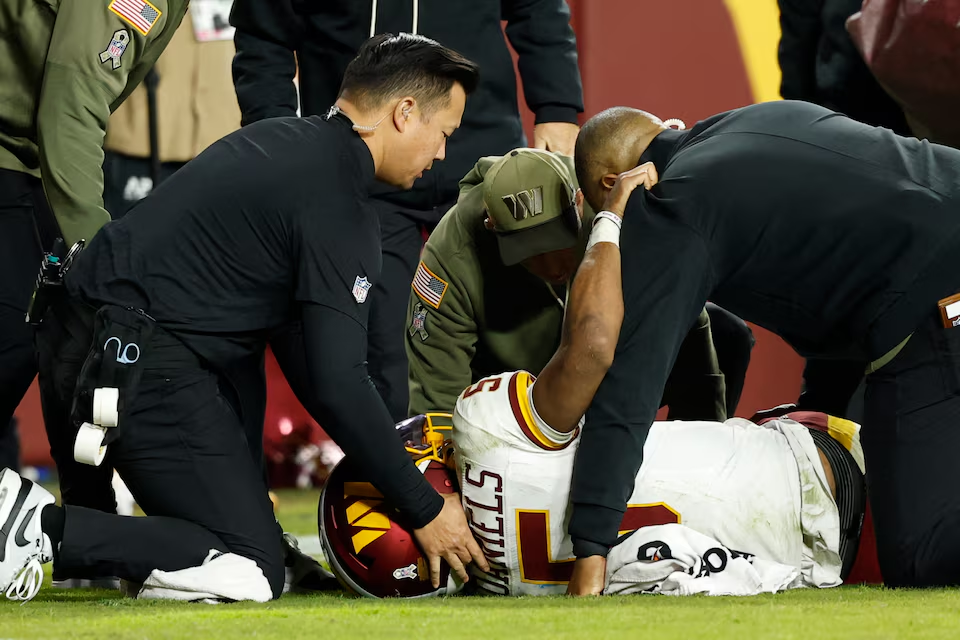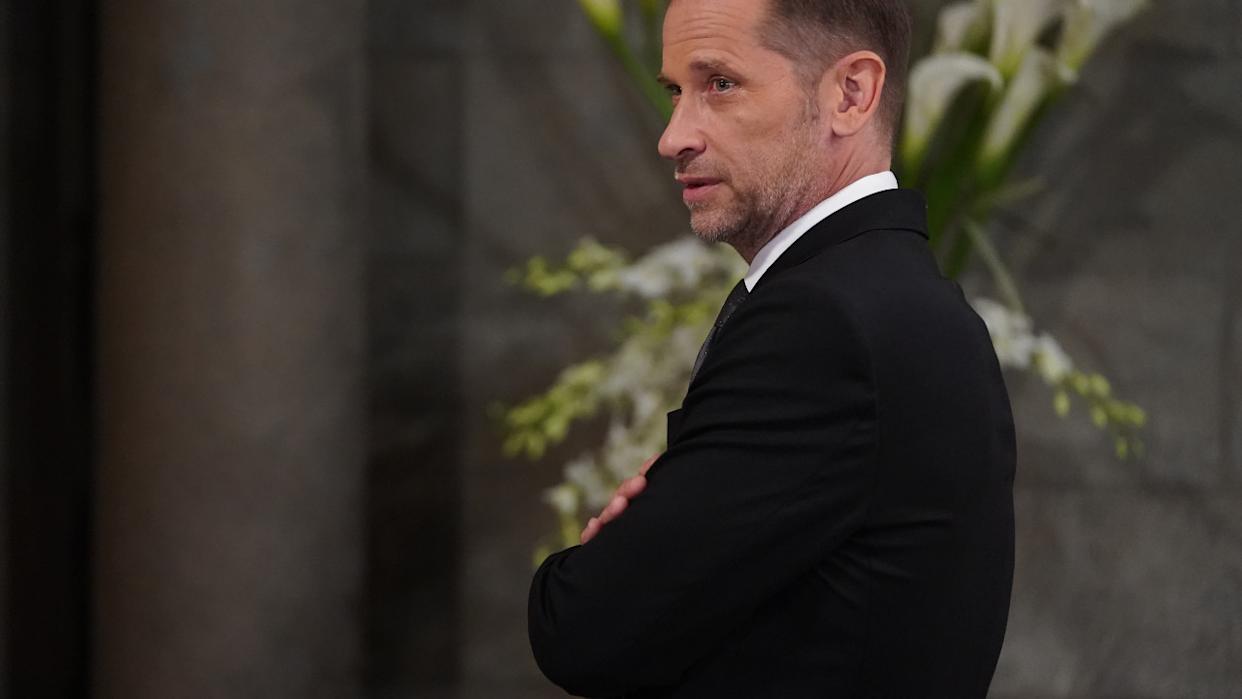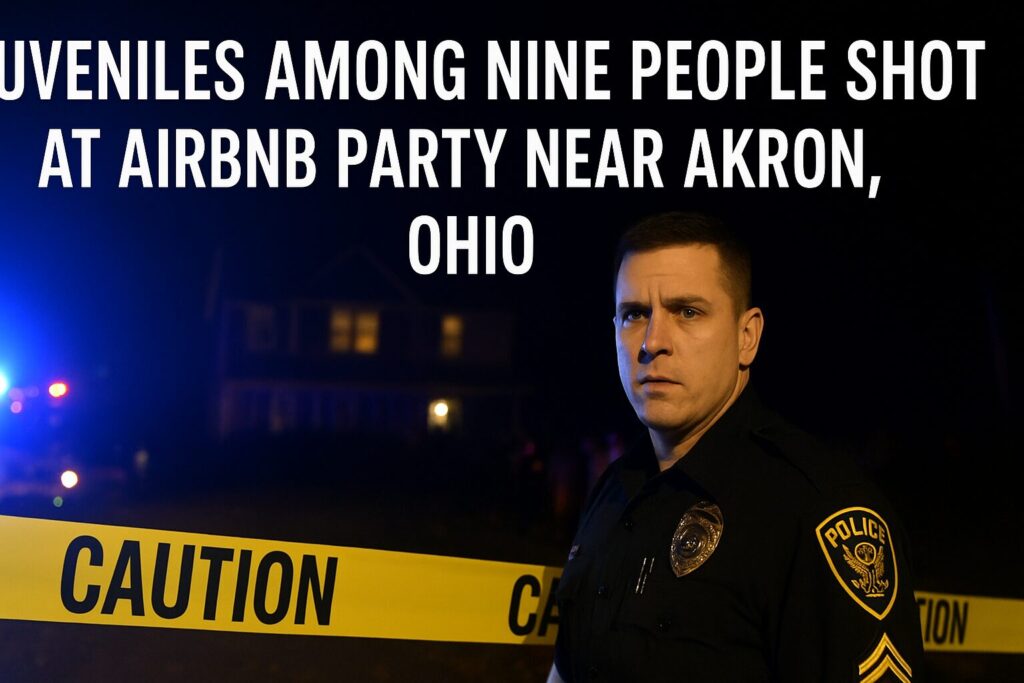Major Takeaways
- A UPS MD 11 cargo jet crashed after takeoff in Louisville, causing fatalities, injuries, and a massive fuel fed fire that shut down airport operations and triggered shelter in place orders.
- The incident disrupted Worldport, UPS’s primary hub, creating ripple effects across next day air, medical logistics, and peak season e commerce flows, with expected diversions, rolling delays, and capacity reprioritization.
- The tragedy highlights the tense but interdependent UPS Amazon conflict, as both coordinate volume shifts while protecting their own networks; the NTSB investigation will determine cause and guide safety improvements.
Louisville UPS Crash: Tragedy, Worldport Disruption, UPS Amazon Conflict, Supply Chain Shock, Investigation
Tuesday evening in Louisville turned tragic when a UPS cargo jet crashed shortly after takeoff from Muhammad Ali International Airport. The jet was a McDonnell Douglas MD 11, operating as UPS Flight 2976 and headed to Honolulu. It went down around 5:15 in the evening, and a massive fire followed. Thick black smoke rose over the south side of the airport, and authorities immediately called for people nearby to shelter in place. First it was a five mile radius. Then they expanded it north of the airport all the way to the Ohio River.
By that night, state and city officials were calling it a catastrophic incident. The governor said at least three people had died and more than ten others were injured, with the numbers likely to change as crews moved deeper into the wreckage and fire zones. Police and fire teams described an active scene with fire and debris. Roads were shut down around Grade Lane and Fern Valley Road. The airport suspended all arriving and departing flights as crews worked the fire, secured the site, and started the long process of figuring out what happened. The National Transportation Safety Board will lead the investigation, with the Federal Aviation Administration supporting.
This is not just a local event. Louisville is the heartbeat of the UPS air network. The Worldport facility in Louisville is a massive sorting and air operations complex that processes millions of packages each day and coordinates hundreds of flights. It is also a major employer in the region. Shutting down or even slowing down this hub is like asking a city to pause the night. It is a shock that goes beyond the city and affects the national supply chain. It hits next day deliveries. It hits time sensitive medical shipments. It hits manufacturers and small businesses waiting on parts and product. It hits right when the holiday season is approaching.
Early details around the crash point to a jet that was heavy with fuel for a long flight to Hawaii, which helped feed the blaze. Video from the area shows the plane accelerating on takeoff with visible flames and then a violent explosion. Police told residents to stay away while first responders and investigators did their work. The airport went quiet. The airfield shut down. The community watched and waited.
Investigators have a long list of things to look at. They will try to recover the flight data recorder and the cockpit voice recorder. They will map out the takeoff roll, any rotation, and the short climb using radar and any available flight tracking data. They will examine engines, control surfaces, hydraulics, fuel systems, and fire suppression. They will review maintenance records and any deferred items. They will look at the crew duty times, training, and recent check rides. They will check weather, runway conditions, wind, and any hazards like birds or foreign objects on the runway. They will listen to air traffic control audio and review procedures. Only after months of work will we get a formal answer on probable cause and contributing factors.
The MD 11 is a workhorse in cargo fleets. It is an older design that was popular for long distance passenger flights before being converted widely to carry freight. The age of a plane does not tell the whole story, because maintenance and overhauls extend service life and safety. Even so, every type has its own quirks, and the industry has spent years refining training and procedures. After any serious accident, the sector studies what happened and makes changes. This is part of the reason commercial aviation safety has improved over time.
Beyond the investigation, there is a human story. UPS pilots are highly trained professionals. The people at the Worldport are the backbone of the operation. First responders in Louisville faced a huge fuel fire close to roads and industrial sites. Hospitals prepared for trauma cases. Families around the city did what they always do in crisis. They checked on each other and waited for updates. In a place where the rhythm of the night sort is part of daily life, this hit hard.
There is also a wider business story, and that is the relationship between UPS and Amazon. It is complicated. On one hand, Amazon is a big customer for UPS on certain lanes and services. On the other hand, Amazon has been building out its own logistics muscle for years. It runs its own air operation through partners and flies a growing fleet. It has its own sortation centers and last mile delivery programs. The goal for Amazon is control over speed, cost, and the customer experience. The goal for UPS is to keep its network profitable, reliable, and balanced for all of its customers.
This creates friction. During peak seasons, UPS has used surcharges and volume caps to protect the network from overload. That can be tough on mega shippers. Amazon has responded by pulling more packages into its own system to avoid costs and keep promises. Forecasting volume can turn into hard conversations. Capacity is power in this business.
The Louisville crash puts pressure on all of this. If the hub is constrained for a stretch of time, UPS will have to decide what gets priority. Life saving medical shipments and critical industrial parts will be at the front of the line. Premium next day air will compete for limited slots and aircraft. Big retail shippers will get calls to adjust forecasts and accept rolling delays. Amazon can shift some of its volume to its own air and ground networks, but it still relies on UPS in areas where UPS has unmatched reach. Expect both sides to coordinate, but also to push for their own interests as they manage risk and promises to customers.
Here is what might happen operationally. UPS can divert inbound flights to other facilities. That is not simple. It means different ground handling, different trucking plans, and different crew swaps. UPS can issue service advisories and temporarily relax the usual delivery guarantees in specific zones. There might be rolling delays while they get back in rhythm. Fleet and crew scheduling will be retimed. If needed, UPS can lease capacity on short notice. Throughout, the company will need to communicate clearly with customers on what to expect.
Safety culture remains the foundation for carriers like UPS. After every accident, the sector adds to its knowledge and improves training, procedures, and sometimes engineering. Over the years, carriers have made specific changes related to approach stability, rejected takeoffs, engine health monitoring, and crew decision making. Whatever the final findings in this case, they will be translated into actions across fleets.
For Louisville, the cost is personal. The UPS presence supports a network of jobs in hotels, restaurants, trucking, warehouse operations, and services. Many families have a pilot, a sorter, a mechanic, or a driver. This will be remembered in the city’s story. Civic leaders have focused on supporting first responders and families, keeping the public safe, and giving investigators the space to work.
Here is what we know now. A UPS cargo plane crashed shortly after takeoff from Louisville on Tuesday evening. There was a major fire and damage near the south side of the airport. Officials reported at least three deaths and multiple injuries as the situation developed. The airport suspended flights while responders fought the fire and secured the scene. Police issued shelter in place orders over a large area. The National Transportation Safety Board is leading the investigation, and the Federal Aviation Administration is supporting. Boeing has offered technical assistance. Many details are still unknown, including the cause, the full casualty count, and how long operations will be affected.
Here is what we do not know. We do not have a confirmed cause. We do not have the final list of victims. We do not know the exact timeline for the airport to fully reopen every function. We do not know the extent of damage to nearby facilities or potential environmental issues at the site.
Looking ahead, expect a steady series of official updates. The airport will announce phased reopening steps. UPS will issue service advisories. Investigators will hold briefings when they recover recorders and have solid factual information. There may be early safety bulletins if something urgent is discovered. For shippers and consumers, the best approach is patience and flexibility in the short term.
Aviation accidents are rare compared to the number of flights that take off and land safely every day. That perspective matters. It does not erase the pain when a tragedy hits, especially at a place like the Worldport that powers jobs and commerce for a city and, in many ways, for the country. As the smoke clears and the investigation begins, the industry will go back to its core discipline. Learn everything possible. Make changes where needed. Protect crews, protect communities, and keep the promise of safe flight.

